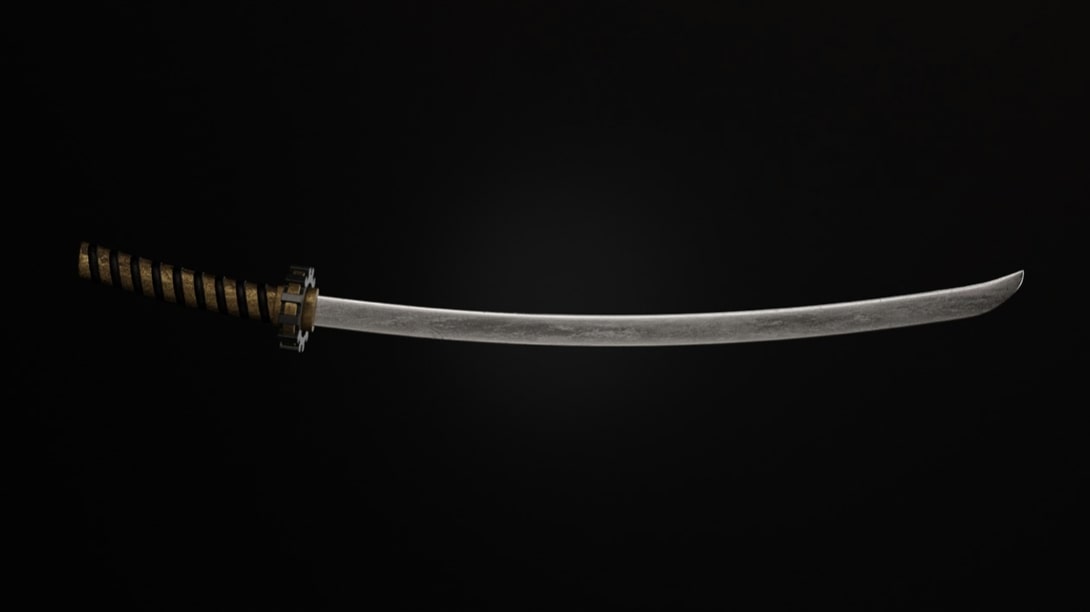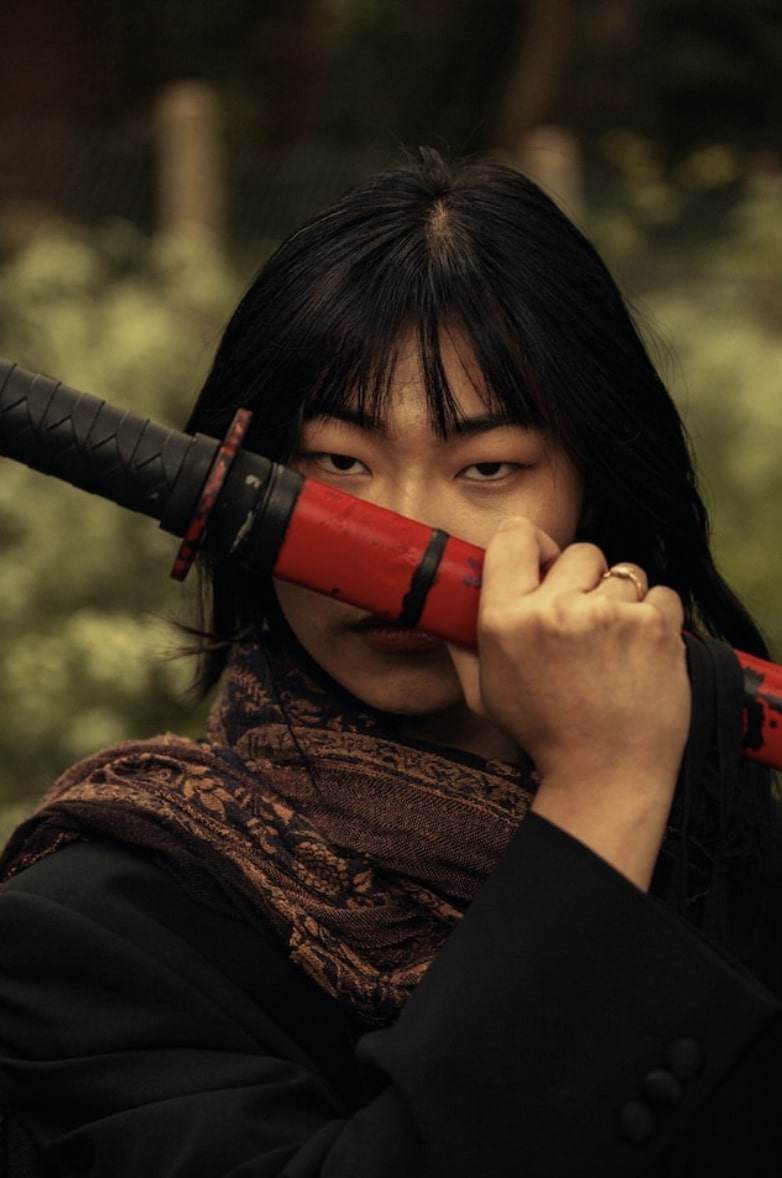Sep 04 (newsonjapan.com) - Renowned for its storied history and cultural legacy, Japan boasts a profound affinity for the katana, an emblematic traditional Japanese sword synonymous with the spirit of the samurai.
Nevertheless, this connection is intertwined with a nuanced tale, as contemporary circumstances have ushered in stringent regulations and a complete prohibition on the ownership and utilization of katanas. This article delves deeply into the intricate fabric of Japan's katana ban, delving into its historical backdrop, the impetuses that propelled it, and the reverberations it has cast upon a cultural emblem that has endured across the ages.
A Glimpse into History
Distinguished by its unmistakable curved blade and unparalleled artistry, the katana has stood as a symbol of Japanese culture and heritage for countless generations. With its origins deeply intertwined with the traditions of feudal Japan, this iconic sword served as the preferred weapon of the samurai – noble warriors who epitomized honor, loyalty, and martial mastery.

The Modern Dilemma
Despite the katana's revered history, contemporary Japan finds itself grappling with a ban on the possession and use of these iconic swords. The ban was implemented under Japan's Sword and Firearms Control Law, enacted in 1958. This law classifies the katana as a "cultural asset," making its possession highly regulated and requiring a license. Obtaining this license is no small feat, involving background checks, training, and adherence to strict regulations.
Motivations Behind the Ban of Katanas
The ban on katanas can be traced back to concerns about public safety, stemming from incidents involving sword-related crimes and accidents. The increased urbanization of Japan coupled with the potential for misuse of these deadly weapons prompted the government to take action. By regulating the possession and sale of katanas, the authorities aimed to minimize the risk of violence and preserve public safety.
Striking a Balance
Although the ban has generated a considerable amount of controversy, it underscores the intricate equilibrium between safeguarding cultural heritage and upholding public safety. Certain proponents posit that the ban encroaches upon personal freedoms and obstructs the capacity to forge a connection with Japan's historical origins. Others believe that strict regulations are necessary to prevent potential harm.

Cultural Impact
The ban's impact goes beyond legalities, extending into the realm of culture and tradition. For centuries, the katana has embodied the spirit of the samurai and the ideals they stood for. With the ban, the intimate connection between the Japanese people and this symbol of honor and heritage has been disrupted. The inability to freely possess and wield a katana raises questions about the preservation of Japan's cultural identity.
A Changing Landscape
In recent years, efforts have been made to address the concerns raised by the ban on katanas. Some have proposed introducing special licenses for traditional martial artists and craftsmen who require katanas for training or artistic purposes. These discussions highlight the ongoing struggle to strike a balance between maintaining tradition and adapting to modern societal needs.
Embracing Tradition with Hand Forged Katanas
In the midst of the ban on katanas in Japan, enthusiasts and collectors who wish to connect with the tradition of these iconic swords can turn to sources that preserve the artistry and craftsmanship. Websites like katana.store offer a unique opportunity to acquire katanas that are traditionally forged, capturing the essence of Japan's sword-making heritage. These meticulously crafted blades pay homage to centuries of tradition while providing enthusiasts with a tangible link to history.
In brief...
The ban on katanas in Japan presents a multifaceted challenge that intertwines cultural heritage, public safety, and personal freedoms. While the modern world calls for measures to prevent violence and ensure public order, the ban also raises important questions about the preservation of cultural symbols and the connection between a nation's past and present. As Japan navigates this complex terrain, it will continue to grapple with the task of honoring tradition while embracing the demands of contemporary society – a journey that reflects the ongoing evolution of a nation's values and priorities.















